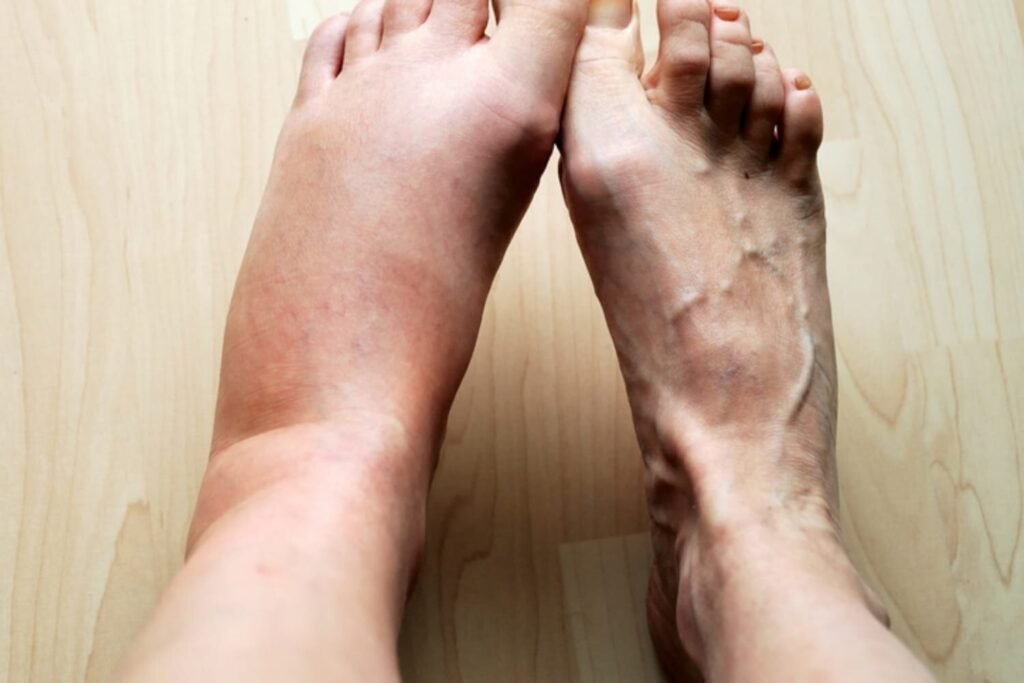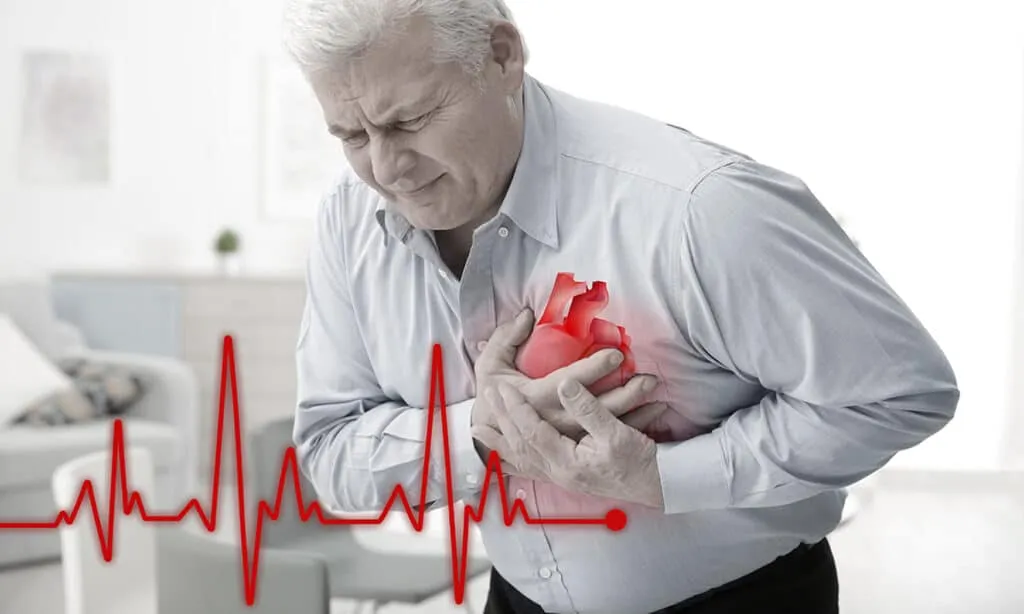Kidney failure, especially in its final stages, can significantly impact the body’s ability to function. As the kidneys lose their ability to filter toxins, regulate fluid balance, and maintain crZtical electrolytes, the body begins to show several alarming signs. Recognizing these symptoms early is essential for providing proper care and ensuring comfort during this challenging phase. In this article, we will explore the key signs of dying from kidney failure and how they affect the body.
1. Extreme Fatigue

The buildup of toxins in the blood leads to constant tiredness and lack of energy. As the kidneys fail, they are unable to remove waste effectively, leaving the body feeling sluggish. This fatigue often persists even after rest and can make everyday activities, such as walking or eating, feel extremely challenging. Patients may spend more time sleeping or resting as their energy levels continue to drop.
2. Loss of Appetite

Patients often feel nauseous or lose interest in eating due to the inability of the kidneys to process waste. This can lead to unintentional weight loss and nutrient deficiencies. The metallic taste in the mouth caused by toxin buildup, coupled with persistent nausea, makes meals unappealing. Over time, this lack of appetite further weakens the body, contributing to fatigue and overall decline in health.
3. Shortness of Breath

Fluid buildup in the lungs can make breathing difficult, especially during activity or lying down. This occurs because failing kidneys are unable to manage fluid levels, causing it to accumulate in the chest cavity. Patients may feel breathless even while at rest or during light physical activities. This symptom can significantly impact the quality of life and often requires medical intervention to manage.
4. Swelling (Edema)

Swelling in the legs, ankles, and feet occurs as the body retains excess fluid. The failing kidneys cannot eliminate the extra fluid, leading to puffiness and discomfort. In severe cases, this swelling may spread to other parts of the body, including the face and hands. The condition can make movement painful and may cause tightness in the skin, adding to the patient’s discomfort.
5. Confusion or Restlessness
High levels of toxins in the blood can affect the brain, causing confusion, memory issues, or even hallucinations. Patients may struggle to focus, have difficulty recognizing loved ones, or exhibit uncharacteristic behavior. This mental fog, also known as uremic encephalopathy, can worsen over time, leading to restlessness or agitation. Such symptoms can be distressing for both the patient and their caregivers.
6. Decreased Urination
As the kidneys stop working, urine production reduces significantly or stops altogether. The body retains more toxins and fluids, leading to further complications like swelling and breathlessness. Patients may notice dark or discolored urine, a foul odor, or no output at all. This is one of the clearest signs of kidney failure, signaling the organs are no longer functioning.
7. Severe Itching

This is caused by the accumulation of waste products like phosphorus in the body. Patients may experience persistent itching that worsens at night, disrupting sleep and overall comfort. The skin may become dry, cracked, or prone to infections due to excessive scratching. This symptom can be extremely uncomfortable and is often challenging to manage without medical treatment.
8. Irregular Heartbeat

Electrolyte imbalances due to kidney failure can affect heart function, leading to palpitations or irregular heartbeats. The imbalance, especially of potassium, can cause the heart to beat too fast or too slow, sometimes resulting in chest pain. In severe cases, it may lead to cardiac arrest. Monitoring these changes is critical as they often indicate worsening health.
9. Unmanageable Pain
Pain in the back, side, or lower abdomen can become more frequent and severe. This pain is often linked to the buildup of toxins, inflammation, or complications like infections. It can make resting and sleeping difficult, further exacerbating fatigue. Managing this pain requires medical intervention, as over-the-counter solutions may not provide relief and could worsen kidney health.
If you have any queries related to medical health, consult Subhash Goyal or his team members on this given no +91 99150 72372, +91 99150 99575, +918283060000





